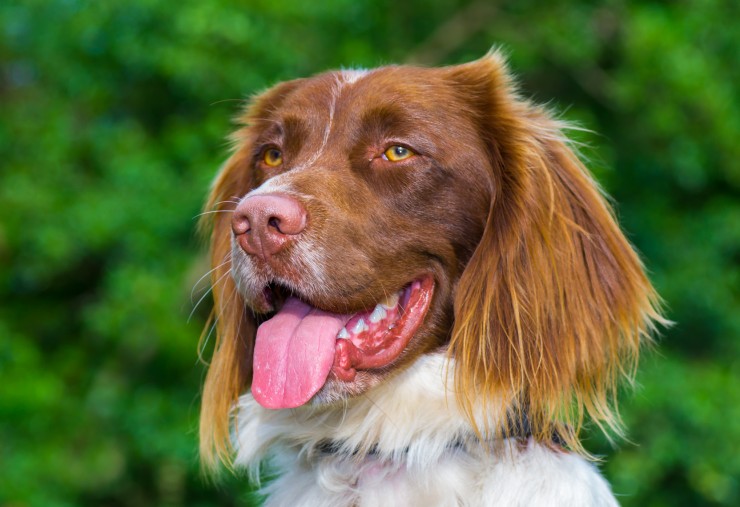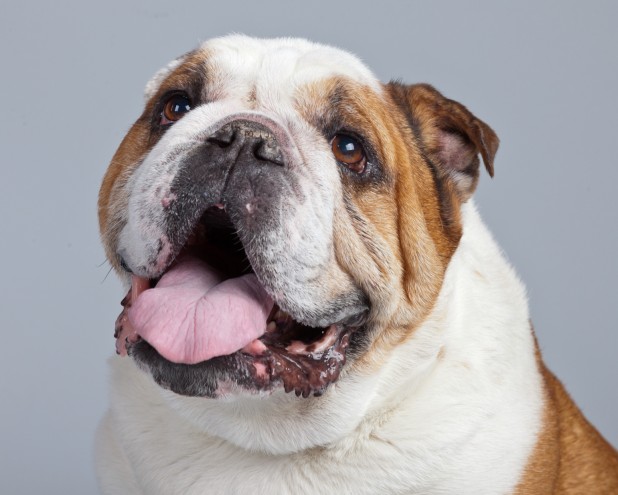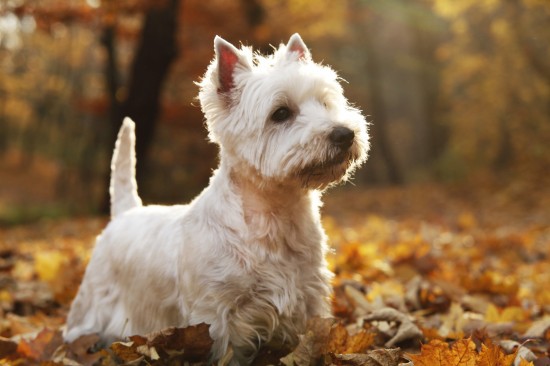
Whether it is an accident during play time or an intentional act on the dog’s behalf, dog bites to humans are not acceptable or appropriate. It really depends on what the situation was when the dog bit you as to how you could reasonably react.
Unless dealing with a very young pup, the best immediate reaction is to not react at all. Stay very still and make sure you do not pull away. This strategy decreases the chance of further injury from a repeat attack. If bitten (accidentally) during play with a pup it’s appropriate to disapprove vocally by yelping in a short sharp voice and to stop playing for the next few minutes.
If the dog bit you while protecting a resource such as a bone or a toy, you should slowly move away from the dog, and encourage it with a higher valued resource (treat) to move away from the resource. Ideally, put the dog outside, and then remove the item that it was protecting when it bit you. While you’re at it, remove any other items that the dog may wish to protect. It would then be okay to let dog back inside.
If the bite was from a fearfully aggressive dog you need to stay still, don’t make eye contact, and avoid sudden movements. Be calm and non-threatening. There may be a moment of stand off between you and the dog but the fearful dog is likely to retreat. At this point, speak slowly and quietly and move away from the dog whilst still maintaining no eye contact.
If the bite was confidently aggressive, be very still and avoid eye contact. Keep your hands in your pockets or hold them straight down by your side. This dog wants to dominate you and the safest option is to submit for the moment. If there is no challenge to this dog he is more likely to give up and wander off.
All the above advice about how to behave when you’re bitten by a dog suggests that your immediate response be quiet and passive. However, there are several things you can do after your dog has bitten, to attempt to prevent further bites.
Ignoring the dog for a period of two weeks has a profound and dramatic effect on the dog’s demeanor. Of course you will be feeding and toileting the dog but no eye contact, no (or very little) voice, no patting, no treats, no walks and no affection. During this time move the dog’s resting area away from the main living area, and don’t allow him to rest near family members. During these two weeks you need to make sure the dog does not in any way touch you with his teeth. After the two weeks is over, you must begin a process of bite inhibition training in order to teach your dog that teeth to skin contact is not appropriate.
Apart from teaching bite inhibition, your dog needs to learn that you have a higher status in the pack than it does, and it must learn to give up even the most valuable resource to you on command. It is strongly recommended that you work with a reputable dog trainer to try to make sure your dog never bites again.
 Do Some Dogs Need To Sleep More Than Other Dogs?
Do Some Dogs Need
Do Some Dogs Need To Sleep More Than Other Dogs?
Do Some Dogs Need
 Are The Hiccups A Problem For Your Dog?
Are The Hiccups A
Are The Hiccups A Problem For Your Dog?
Are The Hiccups A
 Some Frequently Asked Questions About Bladder Stones In The Dog
Some Frequently A
Some Frequently Asked Questions About Bladder Stones In The Dog
Some Frequently A
 Cat Breeds With Cute Tufted Ears
Cat Breeds With C
Cat Breeds With Cute Tufted Ears
Cat Breeds With C
 How To Keep Your Westies Coat Looking Great
How To Keep Your
How To Keep Your Westies Coat Looking Great
How To Keep Your
Copyright © 2005-2016 Pet Information All Rights Reserved
Contact us: www162date@outlook.com